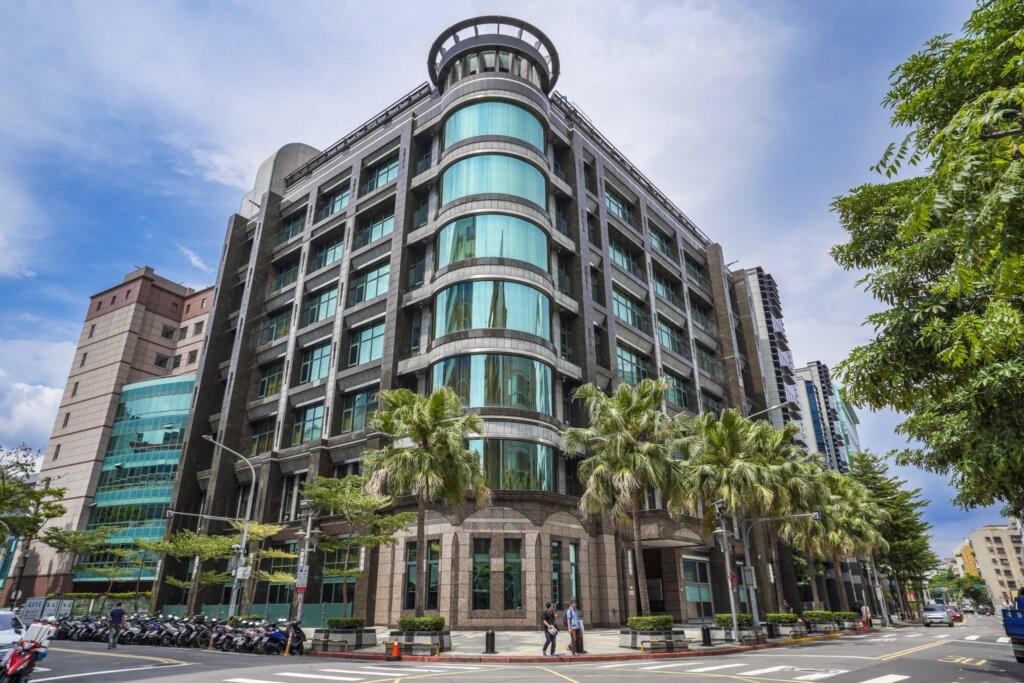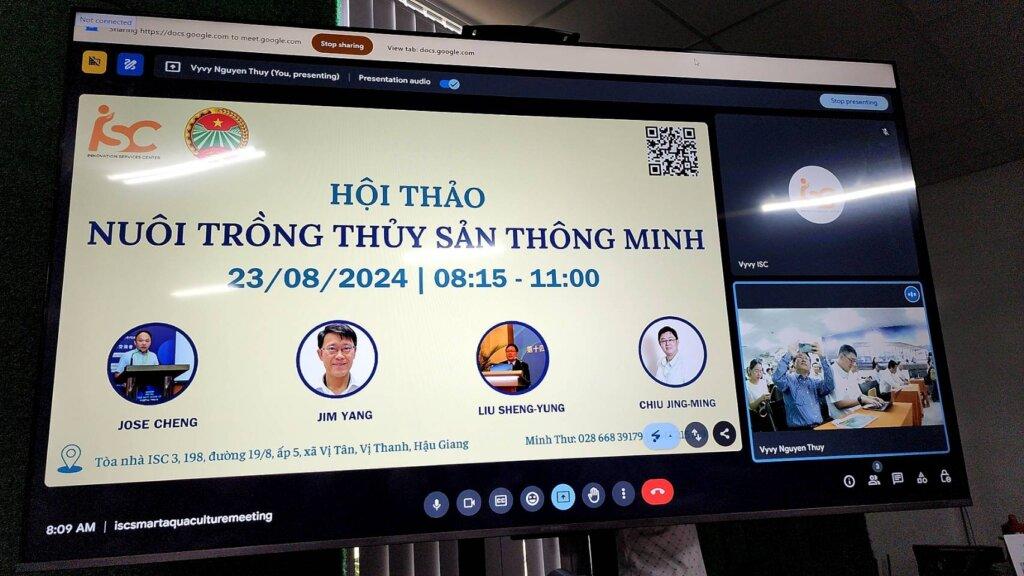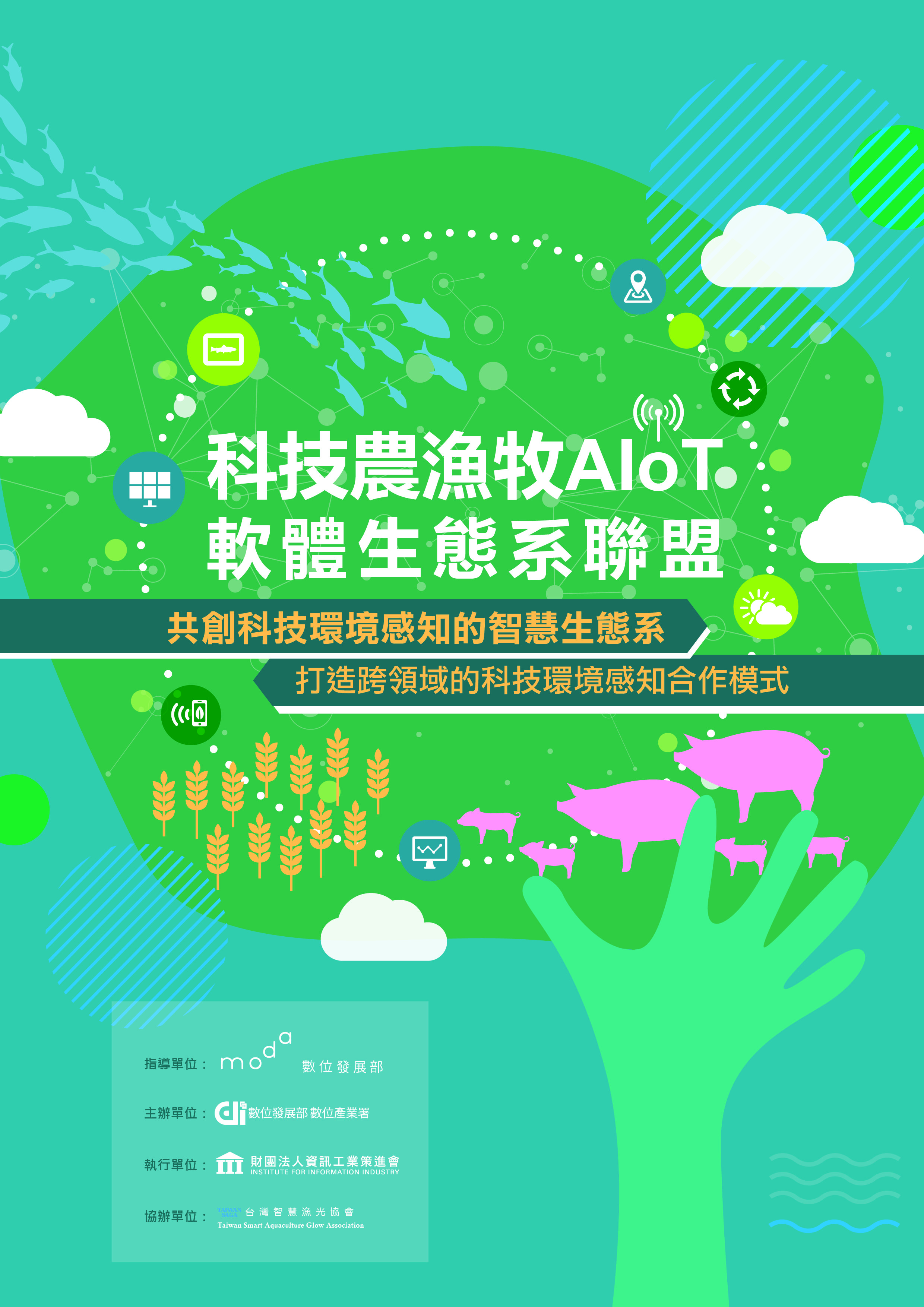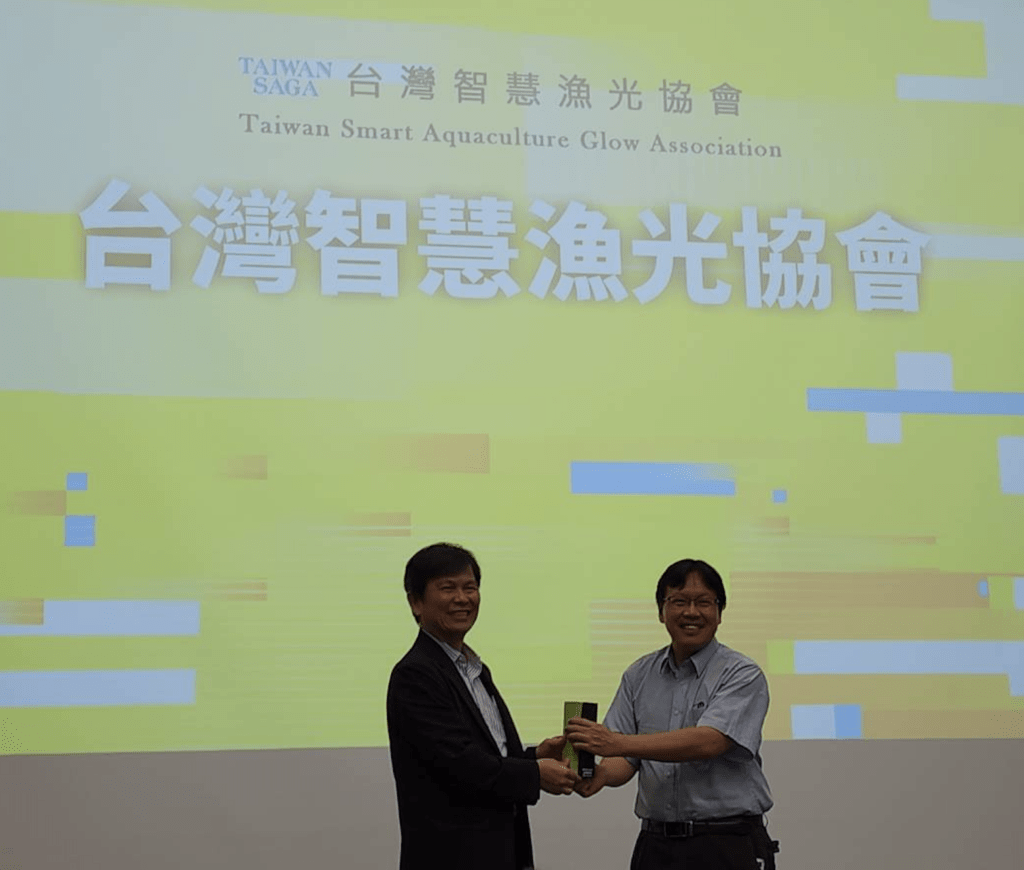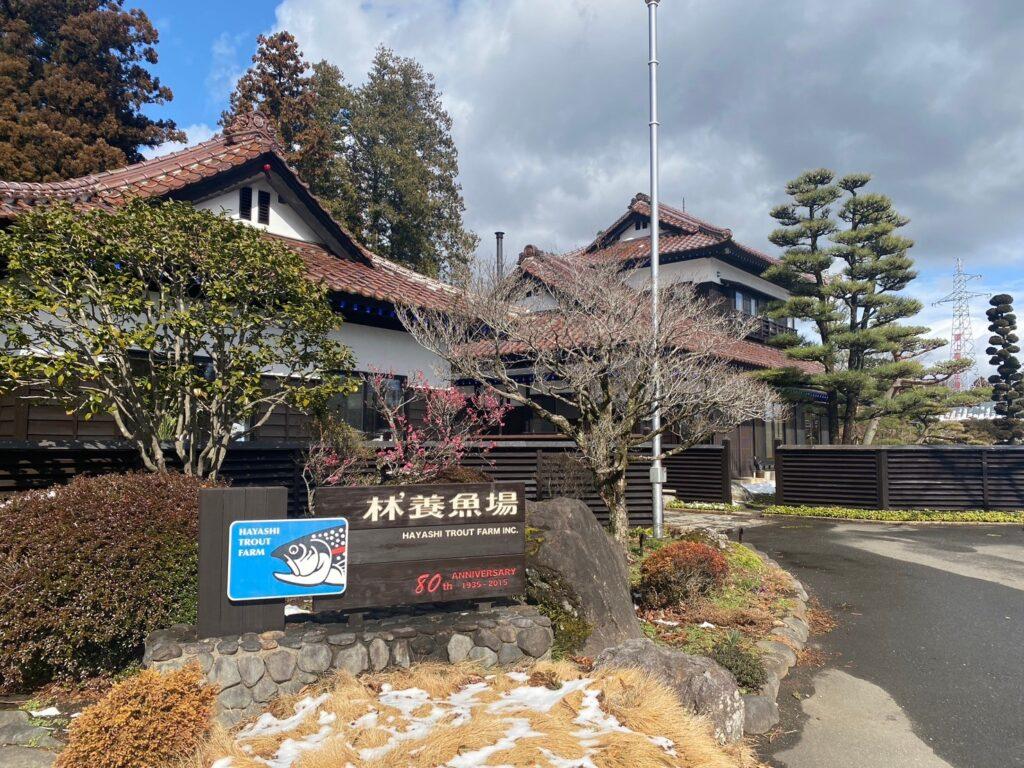WTO DDG Paugam 演講: 必須動員促進海洋經濟永續發展的貿易政策

我們的成員已經確定了對海洋可持續利用有直接影響的三個主要問題:
第一個也是最重要的問題是漁業補貼改革的談判。
第二個緊急的問題是影響海洋健康的塑料污染。
第三個,處理海洋污染的設備等環境商品貿易自由化,其背後的想法是降低關稅,從而促進相關技術的傳播。
Excellencies, Ladies and Gentlemen,
I would like to thank you for inviting me to speak on behalf of the World Trade Organization (WTO) about the role of international trade in promoting a sustainable ocean economy.
It will not come as a surprise to you to learn that there is an inherent link between the ocean and international trade –to this day maritime transport accounts for 80 to 90% of the international movement of goods– although you may well be interested to hear that there is also a profound link between the international trading system embodied by the WTO and the issue of ocean conservation.
This link is historic first of all. Negotiations for the International Union for Conservation of Nature (IUCN) and the General Agreement on Tariffs and Trade (GATT) – the WTO’s predecessor – took place at the same time and came to a conclusion almost simultaneously: the GATT in 1947 and the IUCN in 1948.
These two sets of negotiations were mutually beneficial, since the GATT took environmental issues into account by providing for an exception to international trade rules. In other words, the flow of goods and services may be brought to a halt for the sake of the environment and subject to good faith. This means that the trading system has recognized since its establishment that the value of the environment is greater than that of trade. As it happens, the word “environment” did not exist at the time, at least not in the contemporary sense of the word, and this environmental exception was formulated in the exact terms upon which the IUCN is based, i.e. the “conservation of natural resources”. The GATT’s environmental exception, dare I say it, was thus largely inspired by the IUCN.
More importantly, and to return to the issue of the ocean, what did those referring to the conservation of natural resources mean by this at the time? Well, they firstly meant protecting the ocean or, more specifically, to quote the exact phrasing of the Havana Charter (the predecessor to the GATT), they meant the “measures taken in pursuance of any inter‑governmental agreement which relates solely to the conservation of fisheries resources, migratory birds or wild animals”. Indeed, 1946 had seen the establishment of a convention on the size of fishing nets and minimum fish size, as well as another on whaling.
Therefore, it was precisely these early international environmental conventions dealing with the protection of fishing resources that the GATT negotiators had in mind.
So, moving on from this historical detour, where are we today? Well, practically in the same position! Protecting the oceans remains the WTO’s number one environmental concern. However, fundamental progress has been made in the meantime: the Organization no longer views the matter as simply the justification for an exception to trade rules and also wishes to play an active role in protecting the ocean.
How can the WTO contribute to this? Let me now turn to the crux of my speech.
Our Members have identified three major issues that have a direct bearing on the sustainable use of the oceans. I shall address these issues in descending order of maturity because they are not all at the same level.
The first and most important issue is that of the negotiations on fisheries subsidies reform. These negotiations have been ongoing for 20 years. In 2015, they became part of a Sustainable Development Goal (SDG 14.6) mandated by Heads of State, who instructed the WTO to reach an agreement. Concluding these negotiations, which are now in their final stage, is the Organization’s number one priority and we hope that an agreement can be reached by the end of the year prior to our Ministerial meeting in November. The purpose of the agreement will be to prohibit subsidies to vessels engaged in illegal, unreported and unregulated fishing and to reform the subsidies that contribute to overfishing and overcapacity, while taking into account the specific needs of developing countries through what we call “special and differential treatment”.
This is a major environmental, human and economic challenge.
It is anenvironmental challenge, because the ocean covers 70% of the world’s surface, yet the Food and Agriculture Organization of the United Nations (FAO) estimates that 33% of catches are attributable to overfishing, thereby contributing to the decimation of stocks. The “Ocean Sentinel” project, an innovative study led by France, used albatrosses to detect vessels potentially engaging in illegal fishing and found that almost a third of boats switched off their trackers in the zone being studied. This is considerable.
It is a human challenge, because close to three billion people live near the coast and fish forms an extremely important part of diets.
It is an economic challenge, because approximately 350 million jobs across the world are linked to marine catches and 90% of fishers live in developing countries.
Reforming these harmful subsidies will thus contribute to improving the situation on these three fronts and may allow for these public funds to be reallocated to support sustainable blue‑economy activities.
However, only the WTO can achieve this result. Why? Because the WTO is global. Fish do not respect borders and it would therefore be of little use to reform subsidies in one part of the world while allowing overfishing in another part. If I had just one message to convey here at the IUCN Congress, I would request everyone’s support in encouraging the governments engaged in these negotiations to secure an ambitious outcome.
The second issue affecting ocean health is still emerging and concerns the fight against plastics pollution.
This issue has long been on the radar of many international organizations, including the United Nations Environment Programme (UNEP) and the Basel Convention. You will be aware of the seriousness of the situation; the expression “7th continent” is used. I have seen terrifying estimations on display on the stands presenting this issue here at the IUCN Congress, such as one estimation that the weight of plastic waste produced every year is equivalent to the weight of all humans put together, or that its volume is equivalent to one waste truck being thrown into the sea every minute.
For two or three years now, there has been increased awareness surrounding this issue and around the fact that trade can contribute to both worsening and improving the situation. A small group of our Members, led by China and Fiji, launched an initiative aimed at beginning discussions on this issue. This work is exploratory; it does not involve negotiations and is only being conducted by a minority of WTO Members.
However, this work has already highlighted the role of certain trade flows in plastics pollution, whether it be trade in plastics themselves or trade in goods containing plastics, such as cars, the composition of which is 50% plastic.
Thanks to this work, we are beginning to better understand how trade policies could play a role in helping to tackle the problem. For example, they could help to reduce barriers to trade in goods with the potential to be used in plastics reprocessing and could examine the issue of the compatibility of regulatory standards on recycling or, again, that of harmful subsidies.
This week we have also held a preparatory meeting at the WTO for the United Nations Environment Assembly, which will take place in early 2022 and seeks to launch global negotiations on the issue of plastics. Incidentally, Mr Peter Thomson also participated in this meeting. It is therefore a conversation that is intensifying within the WTO and could lead to new initiatives with the potential to directly contribute to the improvement of ocean health.
Turning to the final facet, there are a number of ideas within the WTO that could be put into practice, with a more indirect contribution to protecting the ocean. For example, negotiations were held until 2016 on the liberalization of trade in environmental goods, the idea behind which was to reduce customs duties and thereby facilitate the dissemination of the relevant technology. These goods include equipment for tackling marine pollution(1). These negotiations were broken off yet a number of governments would like to resume them.
Moreover, many efforts are being made by other organizations such as the International Maritime Organization (IMO), as well as by the private sector, to power boats with cleaner fuels and reduce sulphur emissions. The CMA‑CGM Group based here in Marseille recently presented to me all the initiatives that it had implemented in this regard. Such efforts could be presented as part of the WTO’s discussions on the environment.
This brings me to the end of my speech. My key message is that, among all the instruments of international cooperation, trade policy instruments can and must be mobilized for the health of the ocean. In the short term, I repeat, this means successfully concluding the fisheries negotiations currently being held at the WTO.
Thank you for your attention.
Notes:
- For example: inflatable oil recovery rafts and oil containment booms (floating barriers used to contain oil spills); whale detection buoys (smart buoys that send signals to vessels when whales are close by, in order to prevent collisions with the whales); ballast water treatment systems for vessels (to prevent the spread of invasive species when vessels empty or clean their ballast water tanks); water sanitation equipment, equipment used for recycling, waste management; ocean clean-up technology and equipment.
https://www.wto.org/english/news_e/news21_e/envir_07sep21_e.htm
